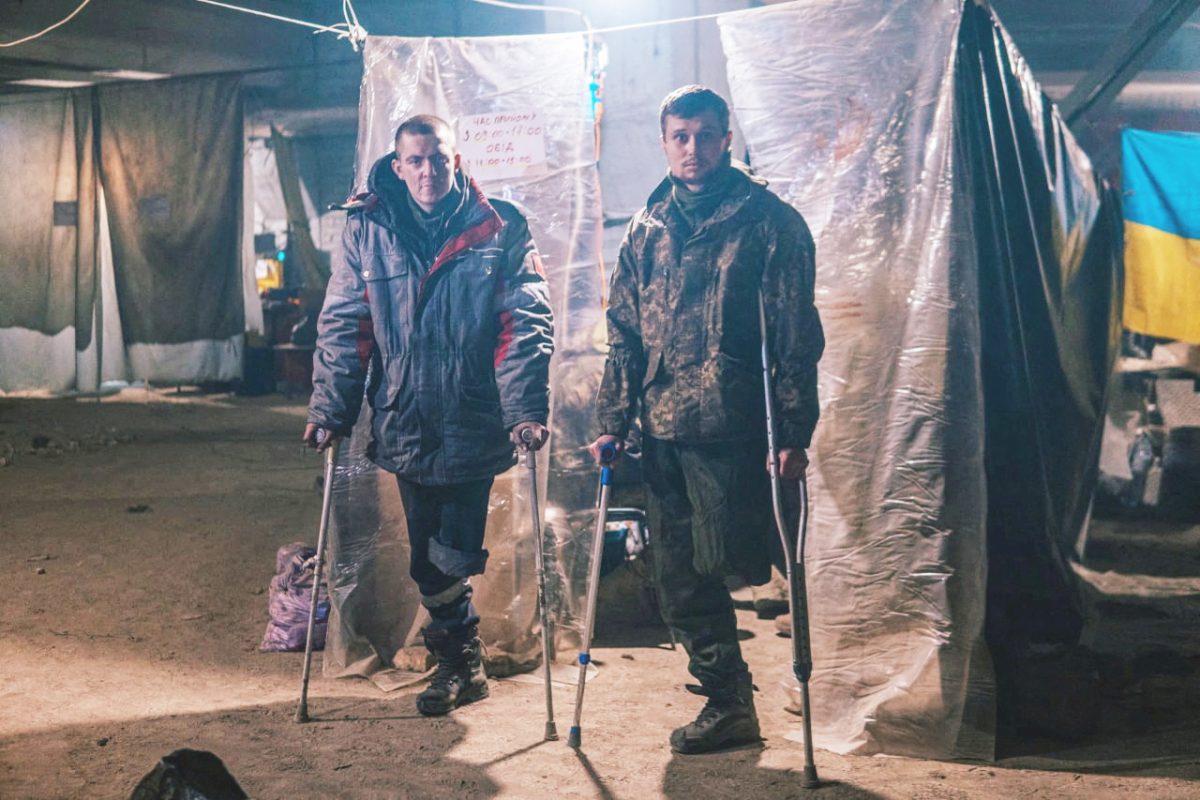KYIV/BRUSSELS, (Reuters) – Finland is expected to announce today its intention to join NATO with Sweden likely to follow soon after, diplomats and officials said, as Russia’s invasion of Ukraine reshapes European security and the Atlantic military alliance.
NATO allies expect Finland and Sweden to be granted membership quickly, five diplomats and officials told Reuters, paving the way for increased troop presence in the Nordic region during the one-year ratification period.
In the wider Nordic region, Norway, Denmark and the three Baltic states are already NATO members, and the addition of Finland and Sweden would likely anger Moscow, which says NATO enlargement is a direct threat to its own security.
Russian President Vladimir Putin has cited the issue as a reason for his actions in Ukraine, which has also expressed a desire to eventually join the alliance.
On the frontlines, Ukraine on Wednesday said it had pushed back Russian forces in the east and shut gas flows on a route through Russian held territory, raising the spectre of an energy crisis in Europe.
Ukraine’s armed forces’ general staff said it had recaptured Pytomnyk, a village on the main highway north of the second-largest city of Kharkiv, about halfway to the Russian border.
“The occupying forces moved to the defence in order to slow down the pace of the offensive of our troops,” it said. “The settlement of Pytomnyk … was liberated.”
The advance appears to be the fastest that Ukraine has mounted since it drove Russian troops away from the capital Kyiv and out of northern Ukraine at the beginning of April.
If sustained, it could let Ukrainian forces threaten supply lines for Russia’s main attack force, and put rear logistics targets in Russia itself within range of artillery.
The Kremlin calls its actions in Ukraine a “special military operation” to demilitarise a neighbour threatening its security. It denies targeting civilians.
Ukraine says it poses no threat and that the deaths of thousands of civilians and destruction of towns and cities show that Russia is waging a war of conquest.
Wednesday’s move by Ukraine to cut off Russian gas supplies through territory held by Russian-backed separatists was the first time the conflict has directly disrupted shipments to Europe.
Gas flows from Russia’s export monopoly Gazprom to Europe via Ukraine fell by a quarter after Kyiv said it was forced to halt all flows from one route, through the Sokhranovka transit point in southern Russia.
Ukraine accused Russian-backed separatists of siphoning supplies.
Should the supply cut persist, it would be the most direct impact so far on European energy markets.
Moscow has also imposed sanctions on the owner of the Polish part of the Yamal pipeline that carries Russian gas to Europe, as well as Gazprom’s former German unit, whose subsidiaries service Europe’s gas consumption.
The implications for Europe, which buys more than a third of its gas from Russia, were not immediately clear.
Berlin said it was looking into the announcement. An Economy Ministry spokesperson said the German government was “taking the necessary precautions and preparing for various scenarios”.
As fighting continued, the governor of the Russian region of Belgorod, on the other side of the border from Kharkiv, said a village had been shelled from Ukraine, wounding one person.
Ukraine authorities have so far confirmed few details about the advance through the Kharkiv region.
“We are having successes in the Kharkiv direction, where we are steadily pushing back the enemy and liberating population centres,” said Brigadier General Oleksiy Hromov, Deputy Chief of the Main Operations Directorate of Ukraine’s General Staff.
In southern Ukraine, where Russia has seized a swathe of territory, Kyiv has said Moscow plans to hold a fake referendum on independence or annexation to make its occupation permanent.
The Kremlin said on Wednesday it was up to residents living in the Russian-occupied Kherson region to decide whether they wanted to join Russia, but any such decision must have a clear legal basis.
Russian forces have also continued to bombard the Azovstal steelworks in the southern port of Mariupol, last bastion of Ukrainian defenders in a city
“If there is hell on earth, it is there,” wrote Petro Andryushchenko, an aide to Mariupol Mayor Vadym Boichenko, who has left the city.
Ukraine says it is likely that tens of thousands of people have been killed in Mariupol. Ukrainian authorities say between 150,000 and 170,000 of the city’s 400,000 residents are still living there amid the Russian occupied ruins.




